Who Needs Shoulder Rotator Cuff Surgery
.png)
Dealing with a torn rotator cuff can be a painful and limiting experience, significantly impacting your daily life. If conservative treatments haven't provided relief, rotator cuff repair surgery might be the next step. For many, considering this procedure in Tijuana, Mexico, has become an attractive option due to its potential for significant cost savings. Rotator cuff repair cost in Tijuana, Mexico is considerably lower than in the US, often making high-quality medical care more accessible.
This comprehensive guide will walk you through the essential questions people are asking about rotator cuff repair in Tijuana. We'll provide clear, concise answers followed by detailed explanations to help you make an informed decision about your healthcare journey. From understanding the procedure and its costs to navigating safety and recovery, we aim to address all your concerns.
What is the average cost of rotator cuff repair surgery in Tijuana, Mexico?
"The average cost of rotator cuff repair surgery in Tijuana, Mexico, typically ranges from $3,000 to $7,950 USD."
This price range is significantly lower than what you might expect to pay in the United States or Canada, where the same procedure can cost tens of thousands of dollars. The exact cost in Tijuana can vary based on several factors, including the complexity of your tear, the specific surgical technique used (arthroscopic vs. open repair), the surgeon's experience and reputation, the chosen hospital or clinic, and what's included in the surgical package. Some clinics offer all-inclusive packages that cover surgeon fees, hospital charges, anesthesia, pre-operative tests, and even initial post-operative care, which can provide better cost predictability.
It's crucial to get a detailed quote from your chosen provider in Tijuana that clearly outlines all included services and any potential additional costs. Don't hesitate to ask questions to ensure you have a complete understanding of the financial commitment involved. Many patients find that even after factoring in travel and accommodation, the savings are substantial.
What factors can affect the cost of rotator cuff repair in Tijuana?
"Several factors can influence the final cost of rotator cuff repair in Tijuana, including the surgeon's expertise, the hospital's quality, the type of surgical procedure, the extent of the rotator cuff tear, and whether additional procedures are needed."
A more experienced or renowned surgeon may charge higher fees. Similarly, hospitals with advanced technology and international accreditations might have higher facility charges. The surgical technique plays a role; for instance, minimally invasive arthroscopic surgery, while often preferred for quicker recovery, might have different cost implications than traditional open surgery depending on the equipment and expertise required.
The severity and size of your rotator cuff tear will also impact the complexity and duration of the surgery, thereby affecting the cost. If there are other associated shoulder problems that need to be addressed simultaneously, such as bone spur removal or biceps tendon repair, this could also add to the overall expense. Lastly, the specifics of your pre-operative evaluations (like MRIs or specialized consultations) and post-operative care, including prescribed medications and any initial physical therapy sessions provided by the clinic, can also influence the final bill.
What is typically included in the rotator cuff repair surgery cost in Tijuana?
"Typically, the rotator cuff repair surgery cost in Tijuana includes the surgeon's fees, anesthesia costs, hospital or clinic facility charges, standard pre-operative tests, and basic post-operative medications."
Many clinics in Tijuana that cater to medical tourists offer packages designed to be comprehensive. These packages often cover:
- Surgeon's fees: Compensation for the orthopedic surgeon performing the procedure.
- Anesthesiologist's fees: Charges for the administration of anesthesia.
- Hospital/Clinic fees: Costs associated with the operating room, nursing care, and a short hospital stay if required (though many rotator cuff repairs are outpatient procedures).
- Standard pre-operative tests: This might include routine blood work, X-rays, and sometimes an EKG. However, specialized imaging like an MRI, if not already done, might be an additional cost or specifically mentioned as included.
- Basic medications: Pain relief and anti-inflammatory drugs for immediate post-operative use.
- Surgical supplies and implants (if any): Costs of sutures, anchors, or any other materials used during the surgery.
It is essential to confirm precisely what is included in your quoted price. Ask about follow-up visits, physical therapy arrangements (as this is often a separate and ongoing cost), and any potential "hidden fees." A transparent clinic will provide a detailed breakdown.
Is rotator cuff surgery in Tijuana, Mexico safe?
"Yes, rotator cuff surgery in Tijuana, Mexico, can be very safe, provided you choose an accredited hospital or clinic with qualified and experienced orthopedic surgeons."
Tijuana has a well-established medical tourism industry with many facilities adhering to high international standards of care. Many surgeons in Tijuana have received training in the US or Europe and are board-certified in Mexico, often with memberships in international orthopedic associations. Hospitals and clinics frequently invest in modern technology and maintain strict hygiene protocols.
To ensure safety, thoroughly research your chosen clinic and surgeon. Look for patient reviews, testimonials, and credentials. Verify the surgeon's qualifications and experience with rotator cuff repairs specifically. Opting for facilities that are transparent about their safety records and accreditations can further mitigate risks. While any surgery carries inherent risks, choosing a reputable provider in Tijuana can lead to a safe and successful outcome.
What type of anesthesia is used for rotator cuff repair in Tijuana?
"For rotator cuff repair in Tijuana, patients typically receive either general anesthesia or a regional nerve block, sometimes in combination."
General anesthesia induces a state of unconsciousness, so you will be asleep and unaware during the entire surgical procedure. This is a common option for shoulder surgeries.
Alternatively, a regional nerve block (such as an interscalene block) may be used. This involves injecting local anesthetic near the nerves that supply sensation to your shoulder and arm, making the area numb. With a regional block, you might remain awake or be given sedation to help you relax and feel sleepy during the surgery. Often, a regional block is combined with light general anesthesia or deep sedation for patient comfort and to ensure stillness during the delicate procedure. The choice of anesthesia will be discussed with you by the anesthesiologist based on your medical history, the specifics of your surgery, and your preferences.
How long is the recovery after rotator cuff surgery in Mexico?
"Full recovery after rotator cuff surgery in Mexico can take 4 to 6 months, or even longer, depending on the tear's severity and individual healing, with initial significant improvement often seen within a few weeks to months."
The initial phase involves managing pain and swelling, and your arm will typically be immobilized in a sling for several weeks (usually 4 to 6 weeks) to protect the repair. During this time, you'll likely be instructed on gentle passive range-of-motion exercises.
Active motion and strengthening exercises, guided by a physical therapist, begin gradually once the sling is removed. It's crucial to adhere to the prescribed physical therapy regimen for optimal results. Most people can return to light daily activities within a few weeks to a couple of months, but returning to more strenuous activities, heavy lifting, or sports can take several months, often up to a year, to ensure the tendon has fully healed and regained strength. Your surgeon in Tijuana will provide a general recovery timeline, but it will be tailored to your specific situation.
Which are the best hospitals or clinics for rotator cuff surgery in Tijuana?
"Identifying the 'best' hospital or clinic for rotator cuff surgery in Tijuana requires personal research, but look for facilities with board-certified orthopedic surgeons, positive patient outcomes, international accreditations (if available), and modern surgical technology."
Instead of a definitive list, it's more practical to focus on what makes a facility a good choice. Key indicators include:
- Surgeon Credentials: Ensure the orthopedic surgeons are board-certified (e.g., by the Mexican Council of Orthopedics and Traumatology) and have extensive experience specifically in rotator cuff repair, preferably using arthroscopic techniques if that's what you're seeking.
- Facility Accreditation: While not always mandatory, accreditation from international bodies or adherence to recognized quality standards is a good sign.
- Patient Reviews and Testimonials: Look for feedback from previous patients regarding their experiences with the clinic, the surgeons, and the outcomes of their rotator cuff surgery.
- Technology and Equipment: Modern diagnostic and surgical equipment can contribute to better outcomes and safety.
- Communication: Choose a clinic that communicates clearly, answers your questions thoroughly, and provides transparent pricing.
- Specialization: Some orthopedic centers in Tijuana may have a particular focus on sports medicine or joint surgery, which can be beneficial.
Medical tourism facilitators like PlacidWay can also help connect you with reputable providers based on your specific needs and preferences.
Are surgeons in Tijuana qualified to perform rotator cuff repair?
"Yes, many surgeons in Tijuana are highly qualified to perform rotator cuff repair, often possessing board certifications, extensive experience, and international training."
It's a common misconception that lower costs equate to lower quality. In reality, many orthopedic surgeons in Tijuana have undergone rigorous training, similar to their counterparts in the US or Canada. Many have pursued fellowships or additional training abroad and are members of national and international orthopedic societies. They are often certified by the Consejo Mexicano de Ortopedia y Traumatología (Mexican Council of Orthopedics and Traumatology).
When considering a surgeon, it's vital to review their credentials, including their education, training, years of experience, and specialization in shoulder surgery. Don't hesitate to ask about the number of rotator cuff repairs they perform annually and their success rates. Reputable surgeons will be transparent about their qualifications.
Does US or Canadian insurance typically cover rotator cuff surgery in Mexico?
"Generally, most US and Canadian public health insurance plans (like Medicare or provincial healthcare) do not cover elective rotator cuff surgery performed in Mexico. Some private insurance policies might offer partial reimbursement, but this varies greatly."
It's crucial to check directly with your private insurance provider before planning your surgery. Some policies may cover out-of-country care in certain circumstances, or offer travel insurance riders that could provide some coverage. However, for the most part, patients opting for surgery in Mexico should expect to pay out-of-pocket.
Even without insurance coverage, the significantly lower rotator cuff repair cost in Tijuana often makes it a more affordable option than undergoing the procedure in the US or Canada. Be sure to factor in all costs, including travel and accommodation, when comparing.
What are some tips for traveling to Tijuana for rotator cuff surgery?
"When traveling to Tijuana for rotator cuff surgery, prioritize thorough research of your clinic and surgeon, arrange for a companion if possible, understand cross-border travel requirements, and plan for your post-operative comfort and needs."
Here are some practical tips:
Pre-Travel Preparations:
- Medical Records: Gather all relevant medical records, including MRI scans, X-rays, and a list of current medications.
- Passport and Visa: Ensure your passport is valid. US and Canadian citizens typically don't need a visa for short medical stays, but it's always good to verify current requirements.
- Communication: Confirm how you will communicate with the clinic staff (many have English-speaking coordinators).
Logistics:
- Transportation: Plan your travel to Tijuana. Many fly into San Diego and cross the border by land. Some clinics offer transportation services from the airport or border.
- Accommodation: Book comfortable accommodation that is suitable for recovery (e.g., ground floor access if mobility is an issue). Some clinics may have arrangements with nearby hotels.
During Your Stay:
- Companion: If possible, have a friend or family member accompany you for support, especially during the initial recovery period.
- Currency: While US dollars are widely accepted in Tijuana, especially in medical facilities, having some Mexican pesos can be useful for smaller purchases.
- Safety: Stick to reputable areas and be aware of your surroundings, as you would in any major city.
Post-Operative:
- Follow Instructions: Adhere strictly to your surgeon's post-operative care instructions.
- Medications: Ensure you have your prescribed medications.
- Comfort: Pack loose, comfortable clothing that is easy to put on and take off with one arm.
Are there any hidden costs associated with rotator cuff surgery in Tijuana?
"While reputable clinics in Tijuana strive for transparency, potential hidden costs for rotator cuff surgery could include non-standard pre-operative tests, prescription medications beyond the initial supply, extended hospital stays if complications arise, and comprehensive physical therapy sessions."
To avoid surprises, it's essential to have a detailed discussion with the clinic beforehand. Ask for an itemized quote and clarify:
- Pre-operative Tests: Are all necessary imaging (like MRIs) and consultations included, or are there separate charges?
- Medications: What medications are covered, and for how long? Will you need to purchase additional prescriptions?
- Complications: What are the financial implications if you require an extended hospital stay or additional unexpected treatments due to complications?
- Physical Therapy: Is any physical therapy included? Often, comprehensive rehabilitation is a separate and ongoing expense that you'll need to arrange back home or factor in if staying longer in Tijuana.
- Follow-up Care: Are routine follow-up visits with the surgeon in Tijuana included, or will these incur extra charges? What about coordination with your primary care physician back home?
- Travel and Accommodation: While not "hidden" by the clinic, remember to budget for your travel, lodging, and meals.
A trustworthy provider will be upfront about all anticipated costs.
What are the success rates for rotator cuff surgery in Tijuana?
"The success rates for rotator cuff surgery in Tijuana are generally comparable to those in other developed countries, typically ranging from 80% to 95%, depending on factors like the tear size, patient age, tissue quality, and adherence to post-operative rehabilitation."
Surgeons in reputable Tijuana clinics use similar surgical techniques and often the same quality of implants (if needed) as those in the US or Canada. The success of the surgery, defined by pain relief and improved function, is highly dependent on:
- The nature of the tear: Smaller, acute tears tend to have better outcomes than large, chronic, or degenerative tears.
- Surgical skill: The experience and technique of the surgeon are crucial.
- Patient factors: Age, overall health, smoking status, and bone/tissue quality can influence healing.
- Rehabilitation: Diligent participation in a structured physical therapy program is paramount for a successful outcome. Failure to comply with rehab protocols is a common reason for suboptimal results.
Discuss expected outcomes and success rates with your specific surgeon in Tijuana, as they can provide insights based on your individual condition.
What are the alternatives to rotator cuff surgery in Tijuana?
"Alternatives to rotator cuff surgery in Tijuana include conservative treatments like physical therapy, pain medication, corticosteroid injections, and potentially regenerative medicine options like Platelet-Rich Plasma (PRP) or stem cell therapy, though the efficacy of the latter for complete tears is still being researched."
Before considering surgery, non-surgical options are usually explored:
- Rest and Activity Modification: Avoiding activities that aggravate shoulder pain.
- Pain Relief Medications: Non-steroidal anti-inflammatory drugs (NSAIDs) like ibuprofen or naproxen.
- Physical Therapy: Specific exercises to strengthen the remaining rotator cuff muscles and improve shoulder mechanics and range of motion. This is a cornerstone of non-operative treatment and post-operative recovery.
- Corticosteroid Injections: Can help reduce inflammation and pain, providing a window for more effective physical therapy. However, repeated injections can weaken tendons.
In some Tijuana clinics specializing in regenerative medicine, you might find options like:
- Platelet-Rich Plasma (PRP) Injections: Involves injecting concentrated platelets from your own blood to promote healing. Evidence is still evolving for complete tears.
- Stem Cell Therapy: Aims to use stem cells to regenerate damaged tissue. This is generally considered experimental for rotator cuff tears, and its effectiveness, particularly for larger tears, is not yet definitively proven through large-scale studies.
It's important to discuss all alternatives with an orthopedic specialist to determine the most appropriate treatment path for your specific type of rotator cuff tear and symptoms.
How do I choose a reputable clinic for rotator cuff repair in Tijuana?
"To choose a reputable clinic for rotator cuff repair in Tijuana, research surgeon credentials and experience, look for facility accreditations, read patient reviews, ensure transparent communication and pricing, and consider using a trusted medical tourism facilitator."
Here's a checklist to guide your selection:
Verify Surgeon Qualifications:
- Are they board-certified orthopedic surgeons?
- Do they have specialized training or fellowships in shoulder surgery?
- How many rotator cuff repairs do they perform annually?
Assess Clinic/Hospital Standards:
- Is the facility clean and modern?
- Do they have advanced surgical technology?
- Are they transparent about their safety protocols and infection control measures?
- Do they have any international accreditations (e.g., JCI, AAAASF) or affiliations?
Check Patient Experiences:
- Look for online reviews and testimonials on independent platforms.
- Ask the clinic if they can connect you with past patients (while respecting privacy).
Evaluate Communication and Transparency:
- Does the clinic provide clear, prompt, and comprehensive answers to your questions?
- Do they have English-speaking staff or coordinators?
- Is pricing detailed and transparent, with a clear outline of what's included?
Consider a Medical Tourism Facilitator: Companies like PlacidWay can help vet clinics, provide options, and assist with logistical arrangements, offering an added layer of security and convenience.
Virtual Consultation: If possible, schedule a virtual consultation with the surgeon to discuss your case and get a feel for their approach.
Taking the time to do thorough due diligence is crucial for a positive experience and successful outcome.
What should I do to prepare for rotator cuff surgery in Tijuana?
"To prepare for rotator cuff surgery in Tijuana, you should undergo a thorough medical evaluation, discuss medications with your doctor, arrange for post-surgery help, prepare your home for limited arm mobility, and follow all pre-operative instructions from your surgeon."
Key preparation steps include:
Medical Clearance: Ensure you have a comprehensive medical check-up to confirm you are fit for surgery. This may involve your primary care physician and potentially specialists if you have underlying health conditions.
Medication Review: Inform your Tijuana surgeon about all medications and supplements you take. You may need to stop certain medications, like blood thinners (aspirin, ibuprofen), for a period before surgery.
Smoking Cessation: If you smoke, try to quit or significantly reduce smoking weeks before surgery, as it can impair healing.
Arrange Support: You will have limited use of your arm for several weeks. Arrange for someone to help you with daily tasks, driving, and personal care, especially in the initial days after surgery.
Home Preparation:
- Make your home recovery-friendly. Place frequently used items within easy reach.
- Prepare or purchase easy-to-make meals.
- Have loose-fitting clothing that is easy to put on with one arm (e.g., button-front shirts).
- Ensure you have extra pillows for comfortable sleeping, as you may need to sleep semi-upright.
Follow Clinic Instructions: Your Tijuana clinic will provide specific pre-operative guidelines regarding fasting, what to bring, and arrival times. Adhere to these carefully.
Pack Smart: Bring all necessary medical documents, comfortable clothing, toiletries, and any prescribed medications.
Proper preparation can contribute to a smoother surgical experience and recovery.
What does post-operative care involve after rotator cuff repair in Tijuana?
"Post-operative care after rotator cuff repair in Tijuana involves pain management, wearing a sling, diligent wound care, following a prescribed physical therapy program, and attending follow-up appointments as advised by your surgeon."
The key components of post-operative care include:
Immediate Post-Op (in Tijuana):
- Pain Management: You'll receive pain medication to manage discomfort. Ice packs are also crucial for reducing pain and swelling.
- Sling Immobilization: Your arm will be in a sling for several weeks (typically 4-6) to protect the surgical repair. You'll be instructed on when and how it can be removed for hygiene and gentle exercises.
- Wound Care: Instructions will be given on how to keep the incision sites clean and dry to prevent infection.
- Surgeon's Review: Your surgeon will check on you before you are discharged (if it's an inpatient procedure) or at a follow-up appointment before you travel home.
Early Recovery (back home or if staying longer in Tijuana):
- Medication: Continue taking prescribed pain relievers and any other medications as directed.
- Activity Restrictions: Strictly adhere to limitations on arm movement and lifting.
- Follow-up: You may have scheduled follow-up communication (virtual or in-person if still in Tijuana) with your surgeon. You will also need to coordinate care with your local doctor.
Rehabilitation (Crucial Phase):
- Physical Therapy: This is the most critical part of your recovery. You will need to engage in a structured physical therapy program, usually starting with passive motion, then progressing to active motion and finally strengthening exercises. This will likely continue for several months. It's vital to find a qualified physical therapist back home who can work based on the Tijuana surgeon's protocol.
- Home Exercises: Consistently perform any exercises prescribed for you to do at home.
Successful recovery depends heavily on your commitment to the post-operative care plan, especially the rehabilitation phase.
What are the potential risks and complications of rotator cuff surgery, even in Mexico?
"Potential risks and complications of rotator cuff surgery, whether in Mexico or elsewhere, include infection, nerve damage, stiffness (frozen shoulder), anesthesia complications, blood clots, and failure of the tendon to heal or re-tear."
While rotator cuff surgery is generally safe and effective, all surgical procedures carry some level of risk. These include:
- Infection: Though preventative antibiotics are given, infection at the surgical site is a possibility.
- Nerve or Blood Vessel Damage: Rare, but possible due to the proximity of nerves and blood vessels to the shoulder joint.
- Anesthesia Complications: Adverse reactions to anesthesia can occur, though they are uncommon in healthy individuals.
- Stiffness (Adhesive Capsulitis or Frozen Shoulder): The shoulder can become very stiff after surgery. Diligent physical therapy helps prevent this.
- Tendon Re-tear or Failure to Heal: The repaired tendon may not heal properly or could tear again, especially with large tears, poor tissue quality, or if post-operative instructions (like avoiding certain movements or not complying with sling use) are not followed.
- Implant Issues (if anchors are used): Though rare, anchors can sometimes loosen or cause irritation.
- Blood Clots (Deep Vein Thrombosis - DVT): Less common with shoulder surgery than lower limb surgery, but still a potential risk, especially with prolonged immobility.
- Persistent Pain: Some patients may experience ongoing pain despite the surgery.
Choosing an experienced surgeon and a reputable facility in Tijuana, and carefully following all pre- and post-operative instructions, can help minimize these risks. Your surgeon will discuss these potential complications with you before the procedure.
How much does physical therapy after rotator cuff surgery typically cost and how long does it last in the context of treatment in Tijuana?
"Physical therapy after rotator cuff surgery performed in Tijuana will primarily be an ongoing cost incurred back in your home country, typically lasting 3 to 6 months or longer, with session costs varying widely based on your location and provider; initial basic exercises might be shown in Tijuana but comprehensive rehab is a separate, extended process."
While your surgical package in Tijuana might include an initial consultation with a physical therapist or some basic exercises to get you started before you travel home, the bulk of your physical therapy will take place once you return. The cost of physical therapy is not usually included in the surgical price in Tijuana for the entire duration of your recovery.
Duration:
- Initial Phase (Passive/Assisted Motion): Often starts within days or the first week or two post-surgery, continuing while the sling is on (around 4-6 weeks).
- Active Motion Phase: Begins after sling removal, gradually increasing movement without resistance.
- Strengthening Phase: Starts a few months post-op, focusing on rebuilding muscle strength and endurance.
- Full Recovery/Return to Activity: This can take anywhere from 4-6 months for many activities, and up to a year or more for a complete return to demanding sports or heavy labor. The duration of formal physical therapy sessions might be around 3-4 months, followed by a home exercise program.
Cost:
- The cost per physical therapy session in your home country (e.g., US, Canada, Europe) can range significantly, from $50 to $300+ per session, depending on your insurance coverage (if any applies to PT), the therapist's expertise, and your location.
- You will likely need 1-3 sessions per week for several weeks, then potentially less frequently.
It's crucial to budget for this significant and essential part of your recovery separately from the rotator cuff repair cost in Tijuana. Discuss with your Tijuana surgeon their recommended rehab protocol so you can find a physical therapist in your hometown who can follow it.
Ready to explore your options for affordable and high-quality rotator cuff repair? Explore PlacidWay's extensive network of accredited hospitals and experienced orthopedic surgeons in Tijuana, Mexico, and other global destinations. Get personalized quotes and guidance to take the next step towards a pain-free shoulder.


.png)

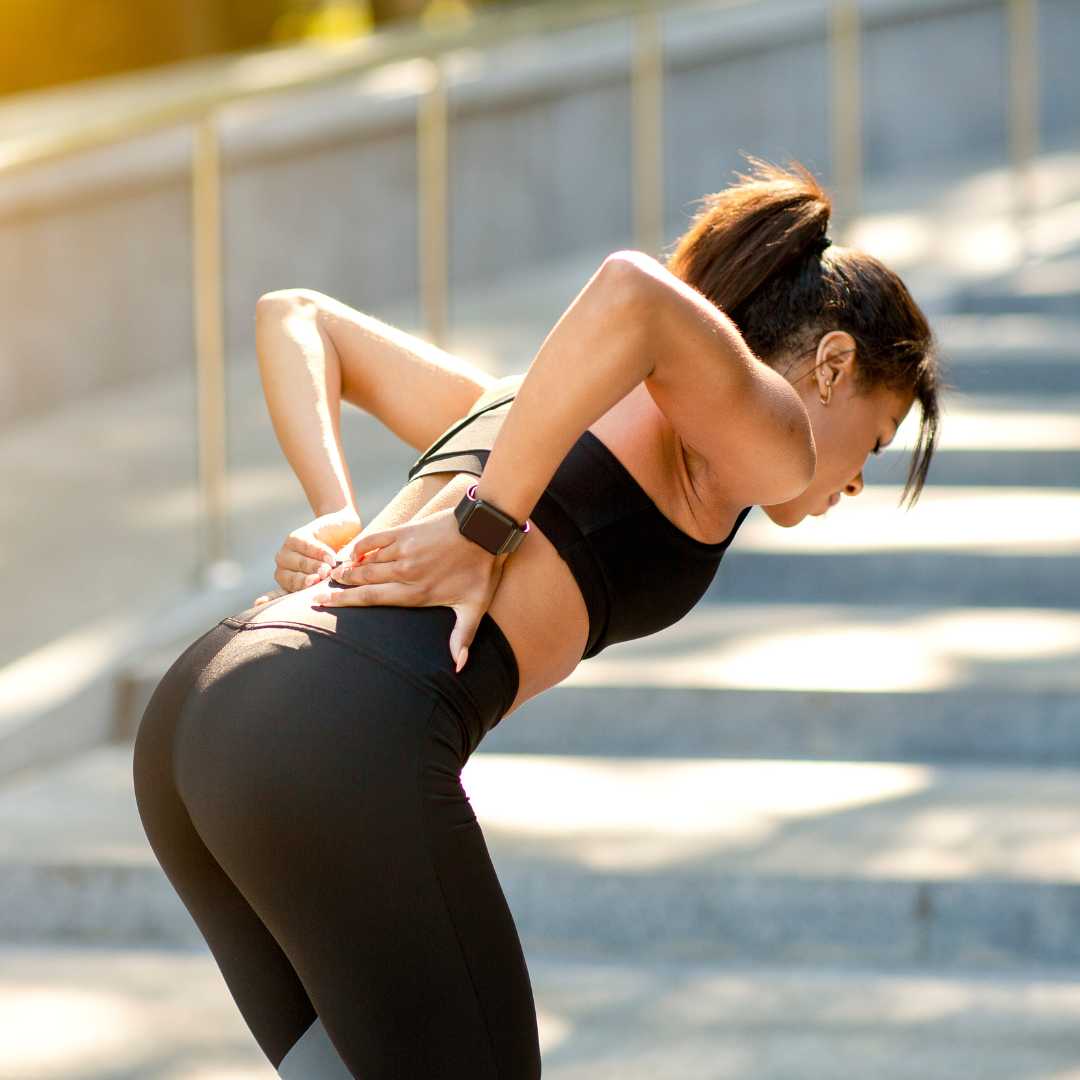
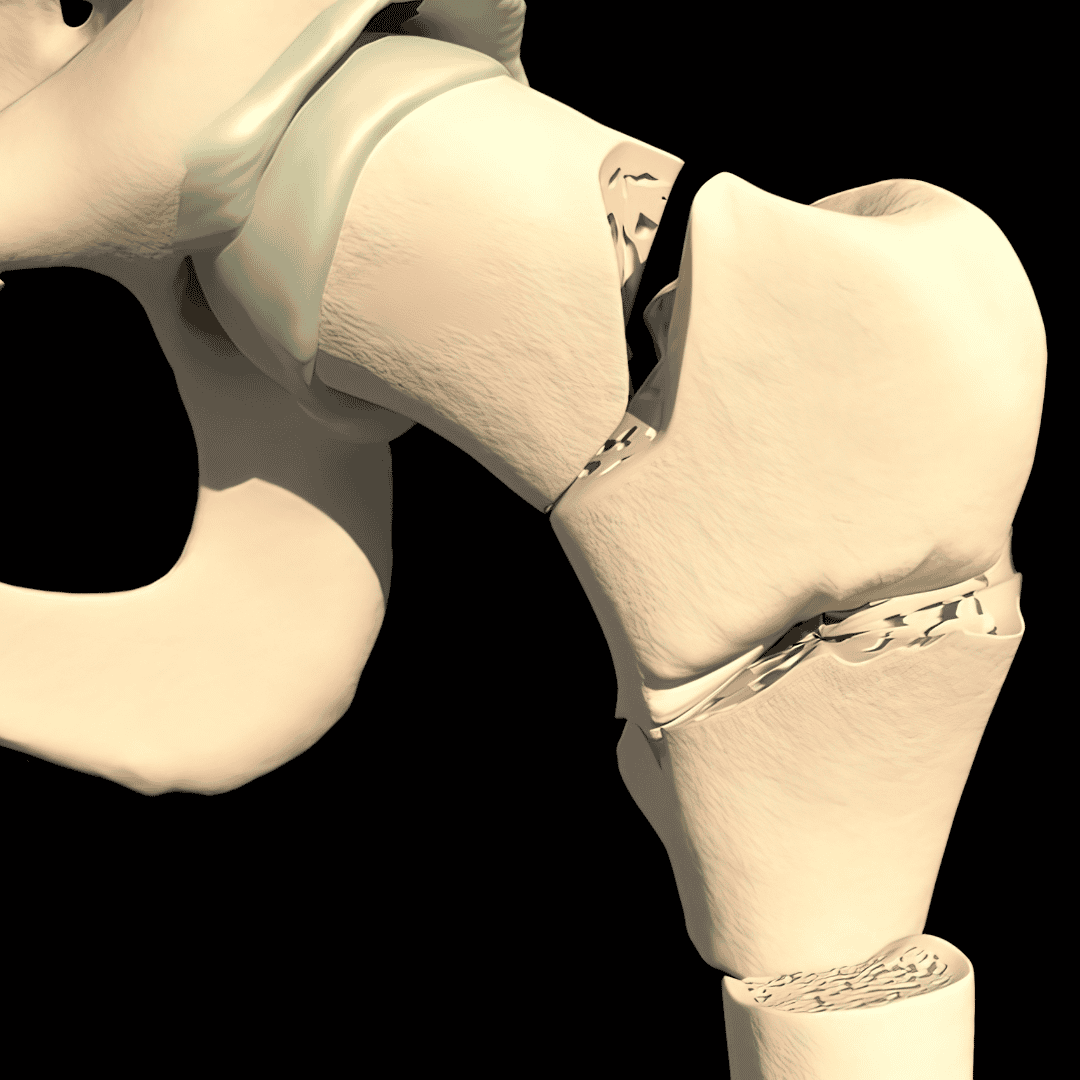
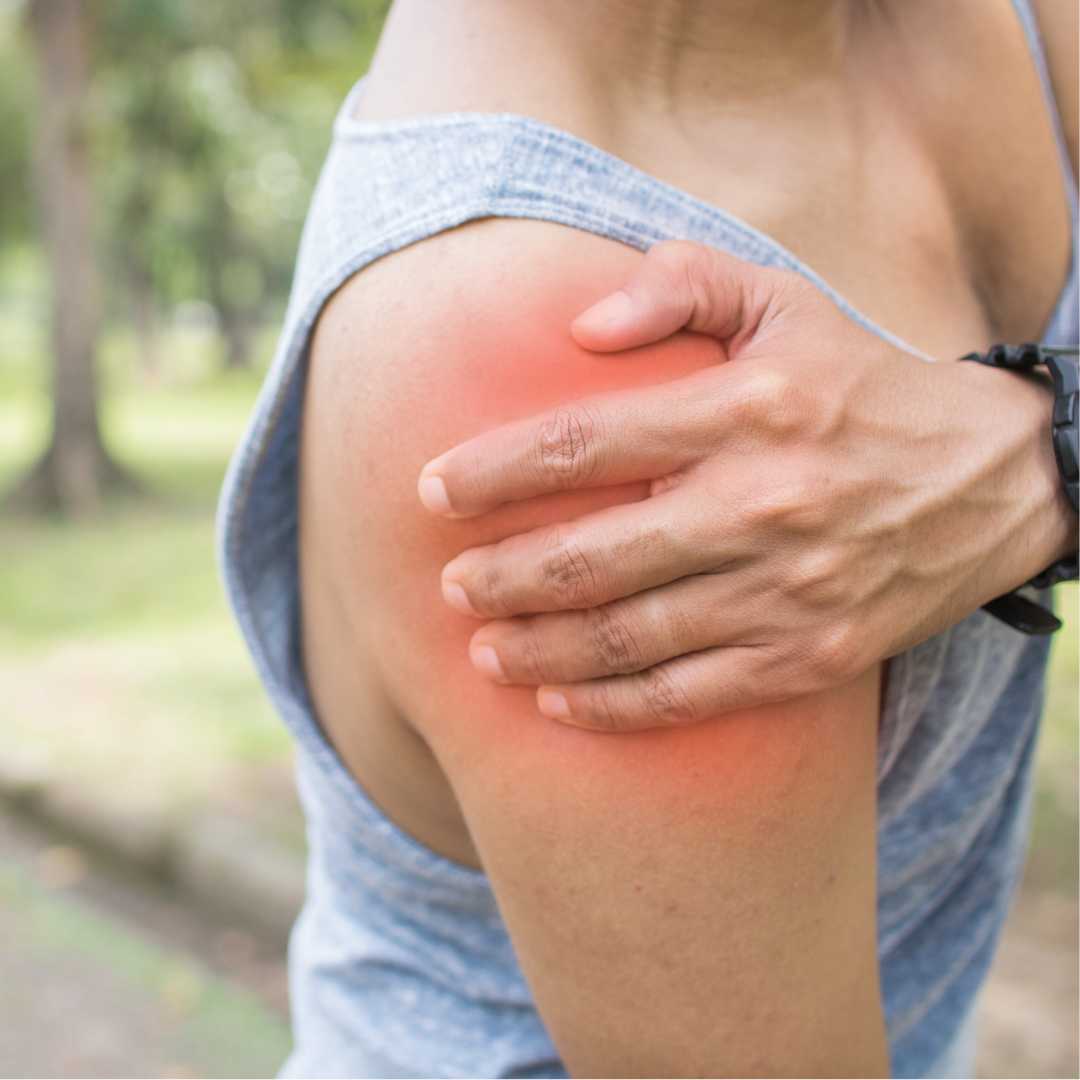



.png)
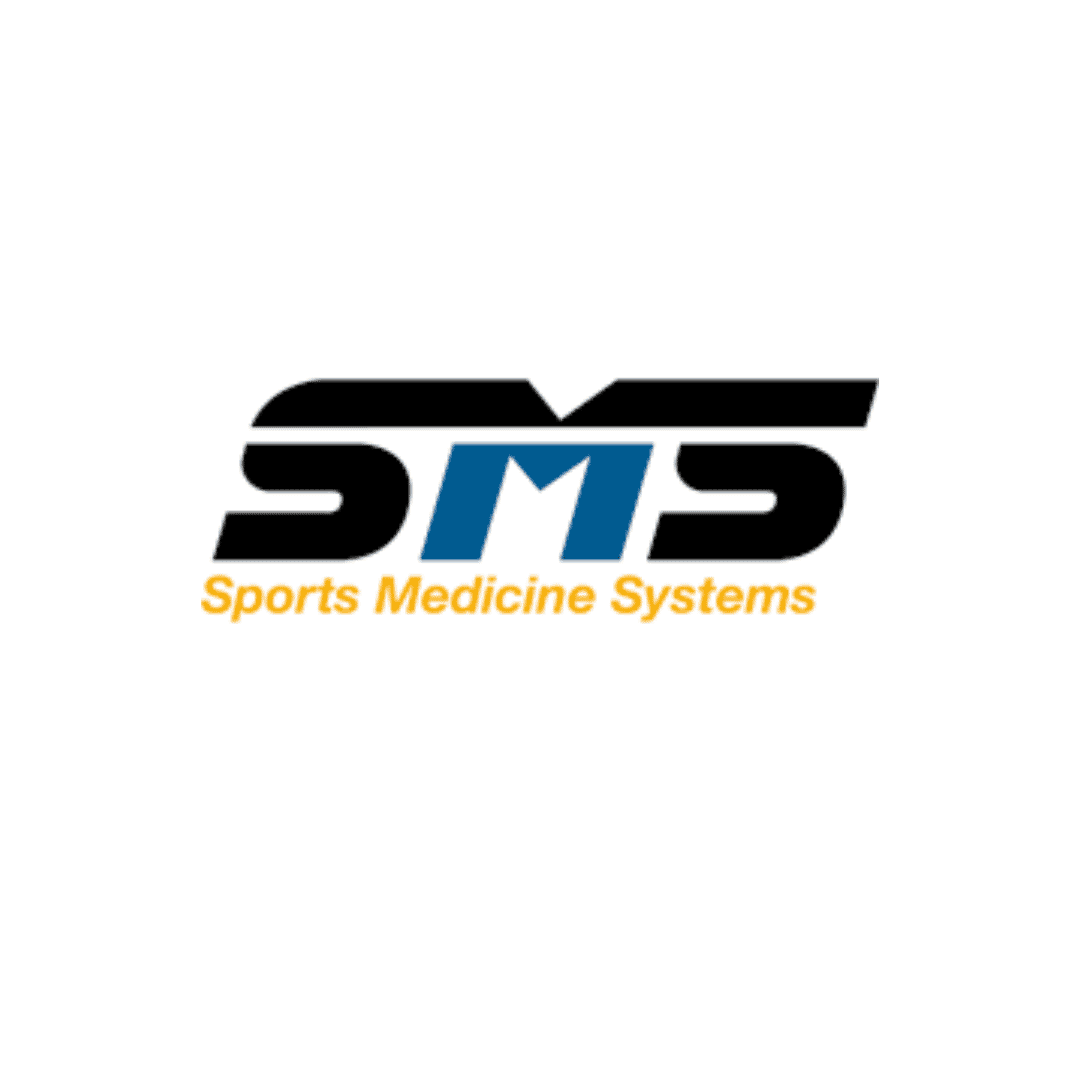
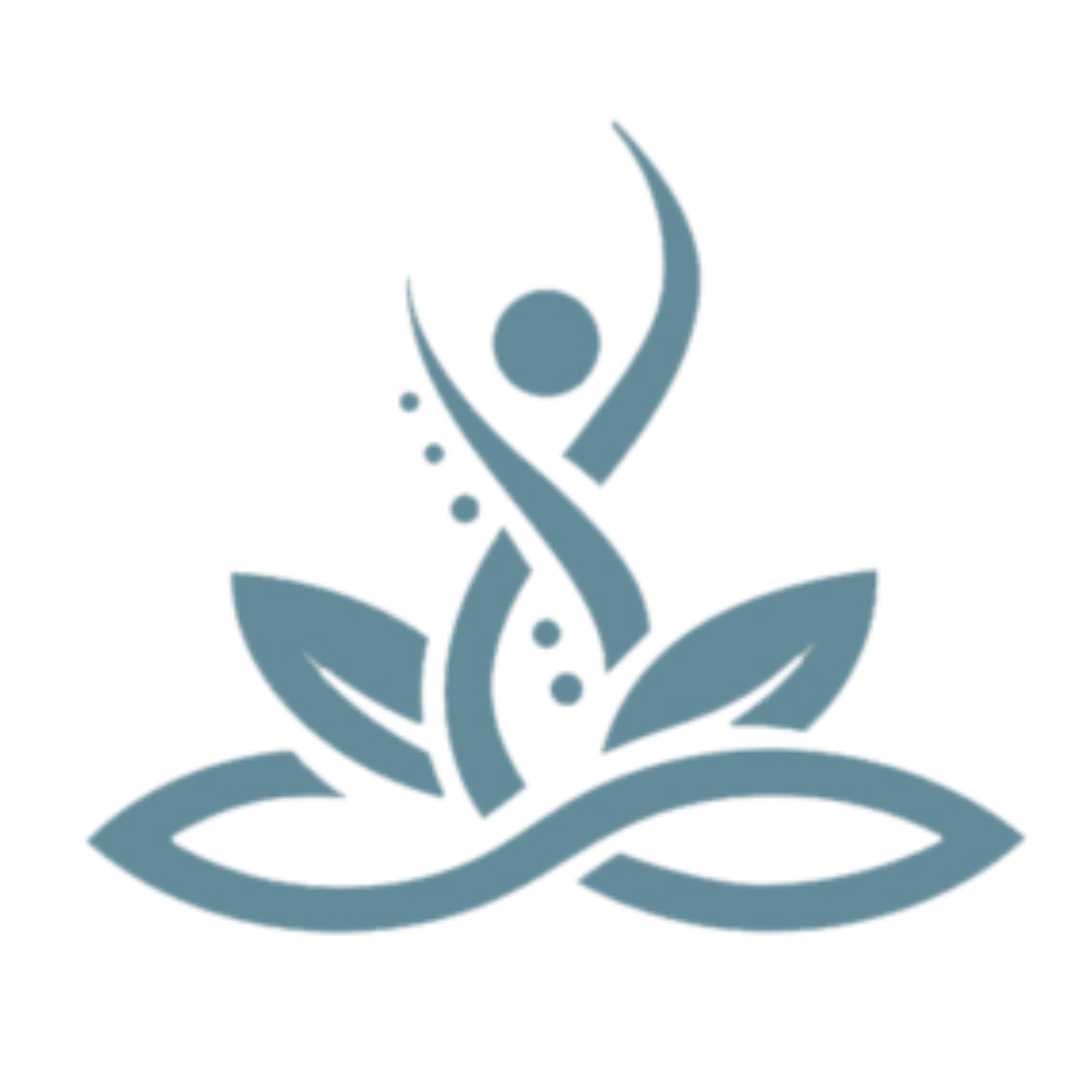
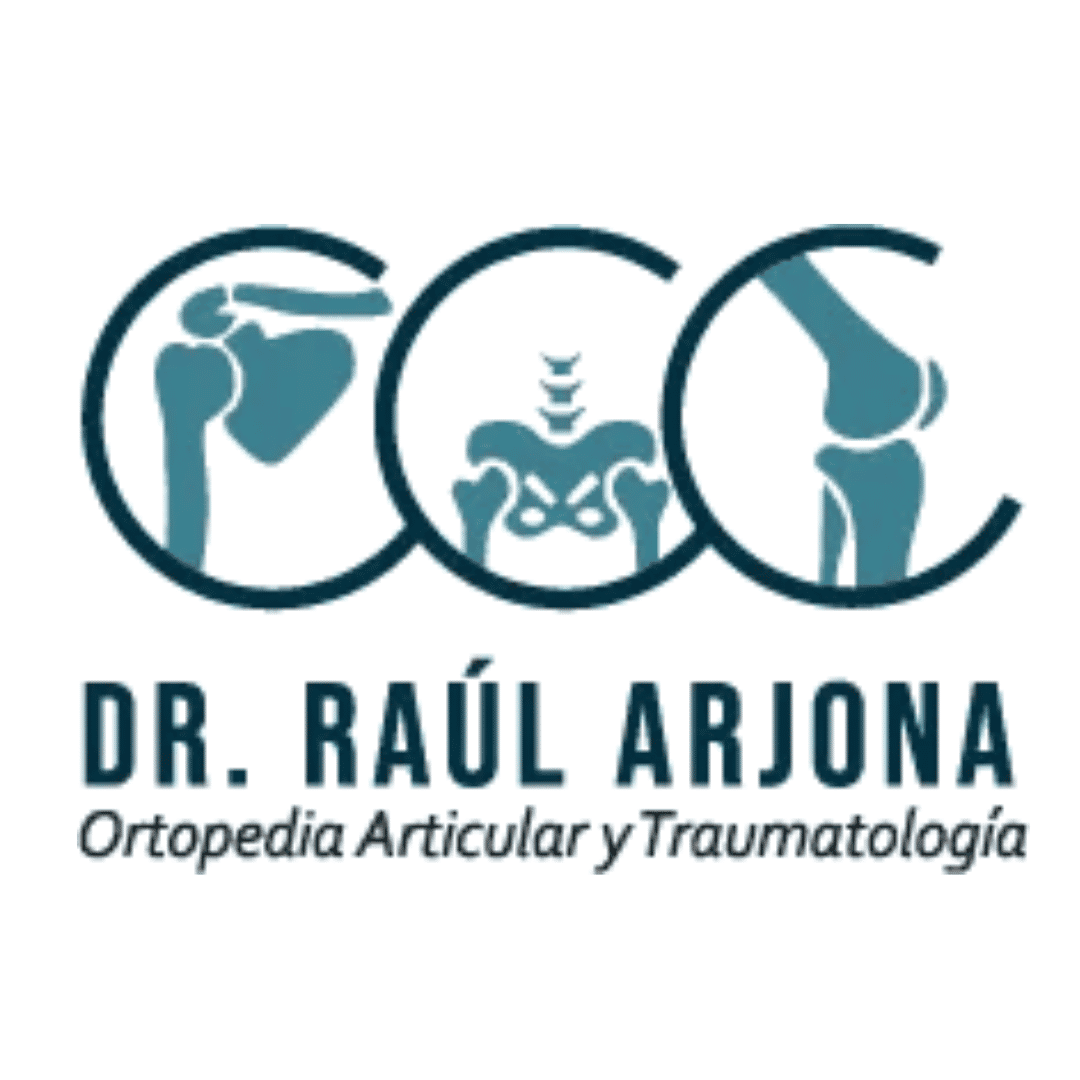
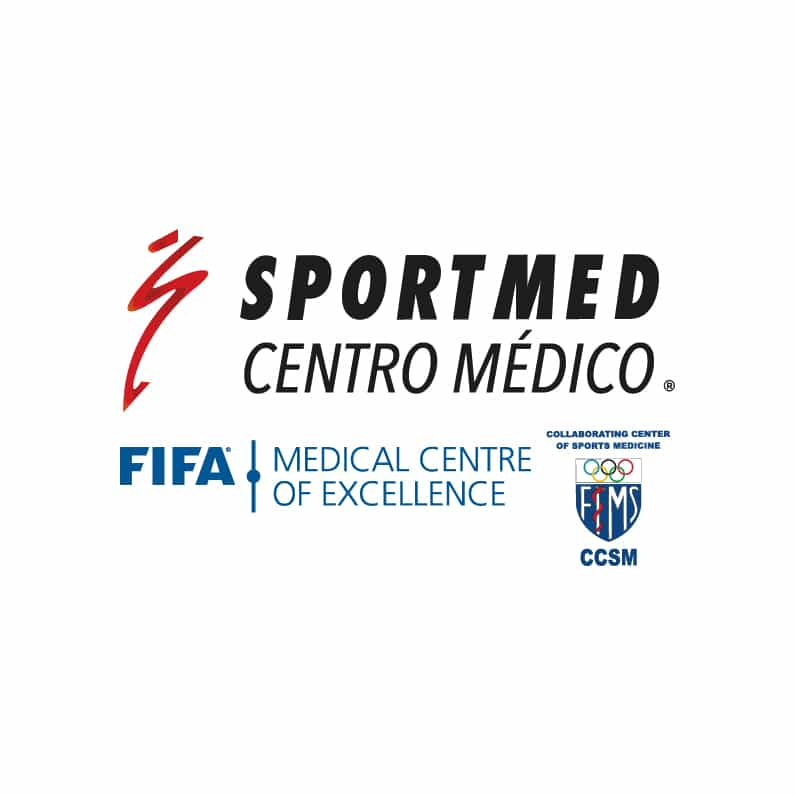
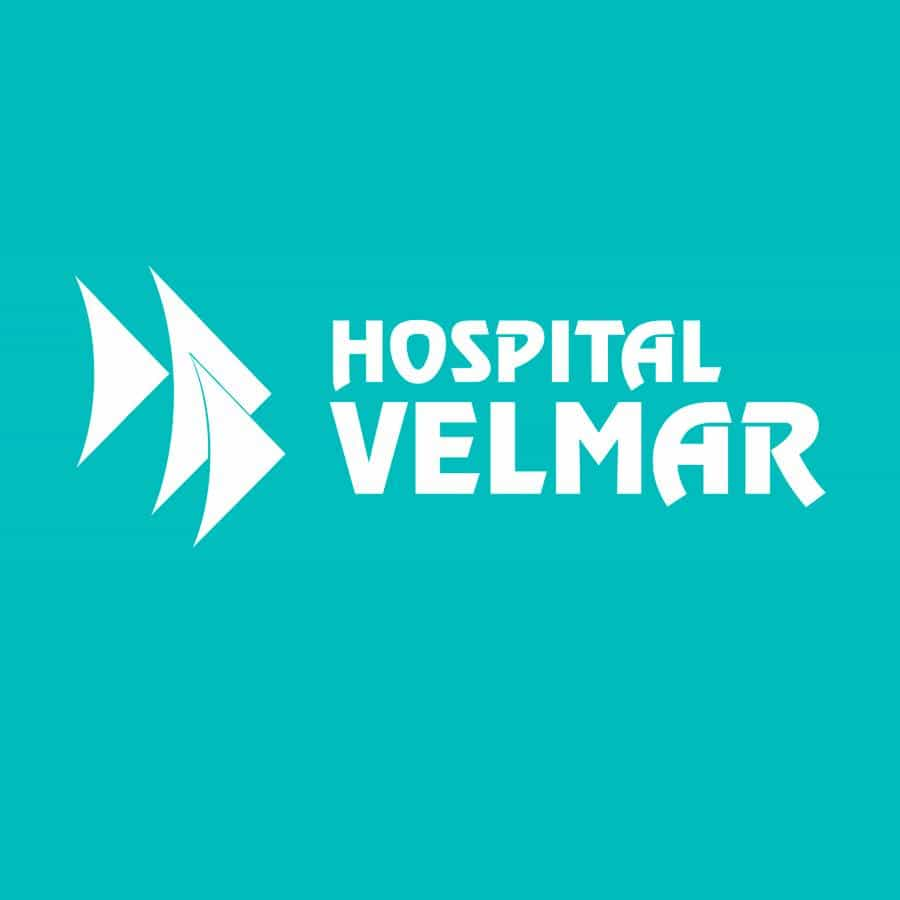

Share this listing